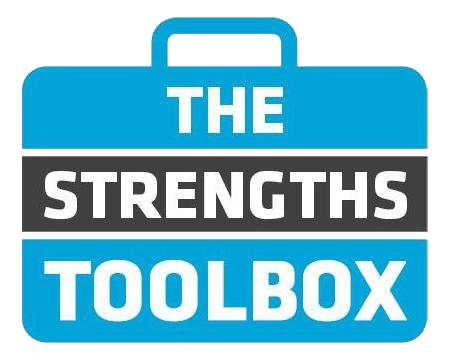
I recently placed this home made sign on the counter top above one of two waste bins in our kitchen. After a few weeks I could remove it since we had developed the habit of placing our waste in the allocated waste recepatcle. You may wonder what motivated me to suddenly start recycling our waste.
We live in a gated community, and our rubbish bins are emptied weekly (sometimes weakly) by the municipal rubbish trucks, who drive through our estate to do so. A while ago I was driving through the surrounding neighbourhood outside our estate and I came across a scene which saddened me. It was a “homeless” man sorting throught the rubbish bins left on the pavements by residents for collection by the municipal waste trucks. He was separating certain waste such as plastic and glass, which he would then transport in his home-made trolley to earn some money from taking it to a collection point some kilometers away where he was paid per kilogram for his collection. How do I know this? Because I stopped and asked him. I have since then stopped and asked several of these “homeless” people about their “self employment.” They start very early in the morning so that they can get to as many rubbish bins as possible before the municipal trucks come by and empty them.
I gathered from these discussions that most of them live in an informal settlement known as “Die Spruit” a few kilometers from where I live. Each morning they walk with their empty “home-made” trolleys to the suburbs where the bins will be left outside by the residents for municipal collection, and they gather as much recyclable waste as possible from the rubbish bins (I was often repelled by the strong stench emanating from the bins when I stopped to chat with them; imagine them spending hours scratching around in our rubbish every day). The average “takings” per trolley per day is between R55 and R60. Pittance considering the long hours and physical effort and discomfort they have to endure.
Witnessing this trend over some weeks made me realise how fortunate I am. It made me feel grateful for what I have, and I have since stopped being so quick to complain about things which are trivial by comparison to the misfortune that so many millions find themselves in.
I thought about how I could help some of these less fortunate people. I realized that they did not have access to the rubbish bins in our gated community. Then I thought about separating my rubbish for them, and giving it to them once a week as a contribution to their collection for the day. So each Wednesday when I place my rubbish bin outside for collection by the municipal trucks, I place the recycled waste we have collected over the week in the back of my “double cab” and drive to work through the suburbs I know the “homeless” are patrolling for waste collection. It gives me great joy and happiness to see the expressions of appreciation on the faces of these otherwise “invisible” people. Often, these expressions are also accompanied by disbelief, and I guess that their faith in humanity may also enjoy a resurgence, if only temporarily.
I know that my one or two bags will not make them rich, but I do know that the effect on both the receiver as well as myself is worth more than money can buy.I genuinely experience the truth of the principle that there is “more happiness in giving than receiving”.And I sense the feelings of sincere joy and appreciation which most of the “homeless” I help in this way manifest towards me.(Although most of these people do have a place to sleep at night, you can hardly call it home, hence my expression “homeless”)
As alluded to before in this article, I also used this experience to remind myself to count my blessings. Showing gratitude raises our awareness of the good things that happen to us. In a controlled experiment, a researcher at the University of California at Riverside, U.S.A., asked her subjects to keep a “gratitude journal” – a diary of things for which they were thankful. It comes as no surprise that over a period of six weeks, the subjects felt noticeably more satisfied with life.
The lesson? No matter what your situation in life, learn to count your blessings. In order to do that, of course, we need to make a conscious effort to recall the good things we experience. Why not make that a personal goal?
Sadly, many of us blame our lack of happiness on our circumstances or even our genes. We say “I would be happy if I had more money” and so on. In reality, though, attitude trumps circumstances and genes when it comes to happiness. And that is good news, because unlike your circumstances or your genes – over which you have little or no control – you can control your attitude. Here are a few useful tips:
- Avoid pessimism
- Focus on the positive
- Do things for others
Care for your attitude the same way you would cultivate a garden. Root out the poisonous weeds of pessimism and negativity. Sow seeds of realistic optimism, and fertilize your life with actions that produce positive emotions. You will reap an emotional crop that will make your life much more rewarding.
(Eberhard Niklaus is an author, speaker, facilitator, business coach and trainer. His business coaching programme “Developing the art of crafting a winning team”, has helped many sales and business teams to maximize performance, productivity and profitability)
“Contact Eberhard TODAY for your FREE 30-minute Zoom CONSULTATION to learn more about how to unlock your potential and accelerate the results you want in your life.”




